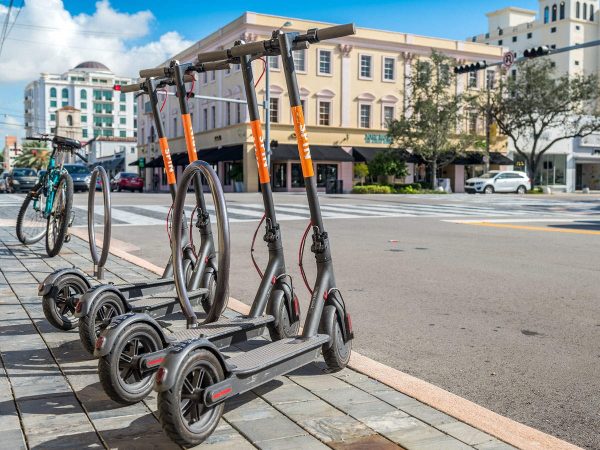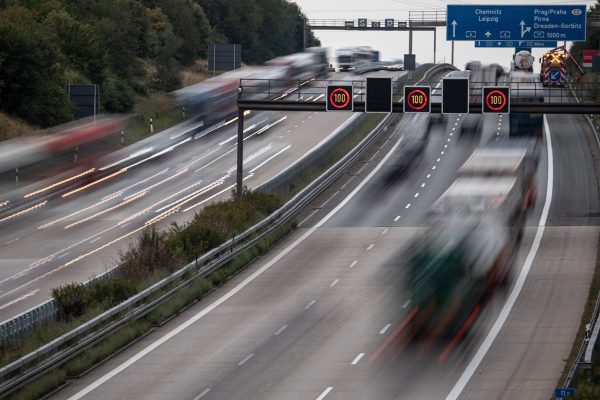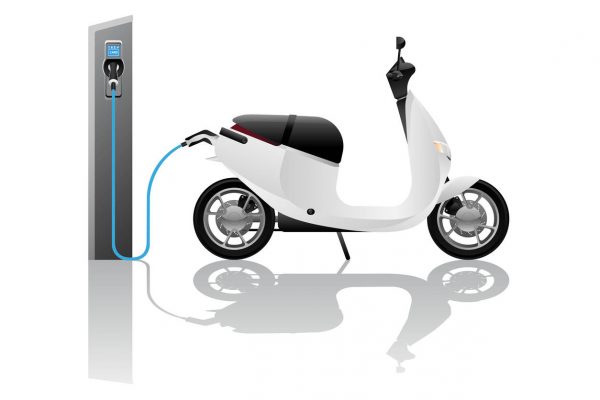How data is driving new approaches to transportation
from New York Times Analysing digital streams of information from electric scooters and motor-assisted bicycles are helping solve travel congestion issues. Five seconds after a Los Angeles rider unlocks a dockless electric scooter with a smartphone app and sets off to a destination, a cityoperated databank is informed. Five seconds after the trip ends, typically no more than a mile away, another alert updates the record, noting the location. In 24 hours, the exact route is uploaded and logged for analysis. That ride to the bus stop or the convenience store, emissions-free and nearly silent, would seem to be a zero-disruption event in a sprawling city with millions of people and vehicles. Yet extrapolated over years, it foreshadows a shift of potentially enormous consequences. While the identity of that rider is unknown to the city, a stream of data from the scooter’s GPS module and cellphone link — speed, time of day, battery state of charge — flows to cloud servers an average of a million times a month during Los Angeles’s pilot program. Each trip is but a trickle of bytes, yet it is a rich resource for the planners and the policymakers who hope to tame the persistent tangle of traffic in this vehicle-dependent metropolis. That vehicular chokehold can weigh as heavily on a neighborhood dweller as it does on a road user. “Cities have to assure that their resources are used efficiently, and that includes the shared spaces,” said Stephen Zoepf, chief of policy development at Ellis & Associates, a Silicon Valley consultancy that helps cities develop transportation technology plans. “The effects of crowding, in noise and emissions, are a tragedy of the commons,” he continued, using an economist’s term for situations in which resources are depleted by those acting in self-interest rather than the general good. […]
How data is driving new approaches to transportation Read More »









